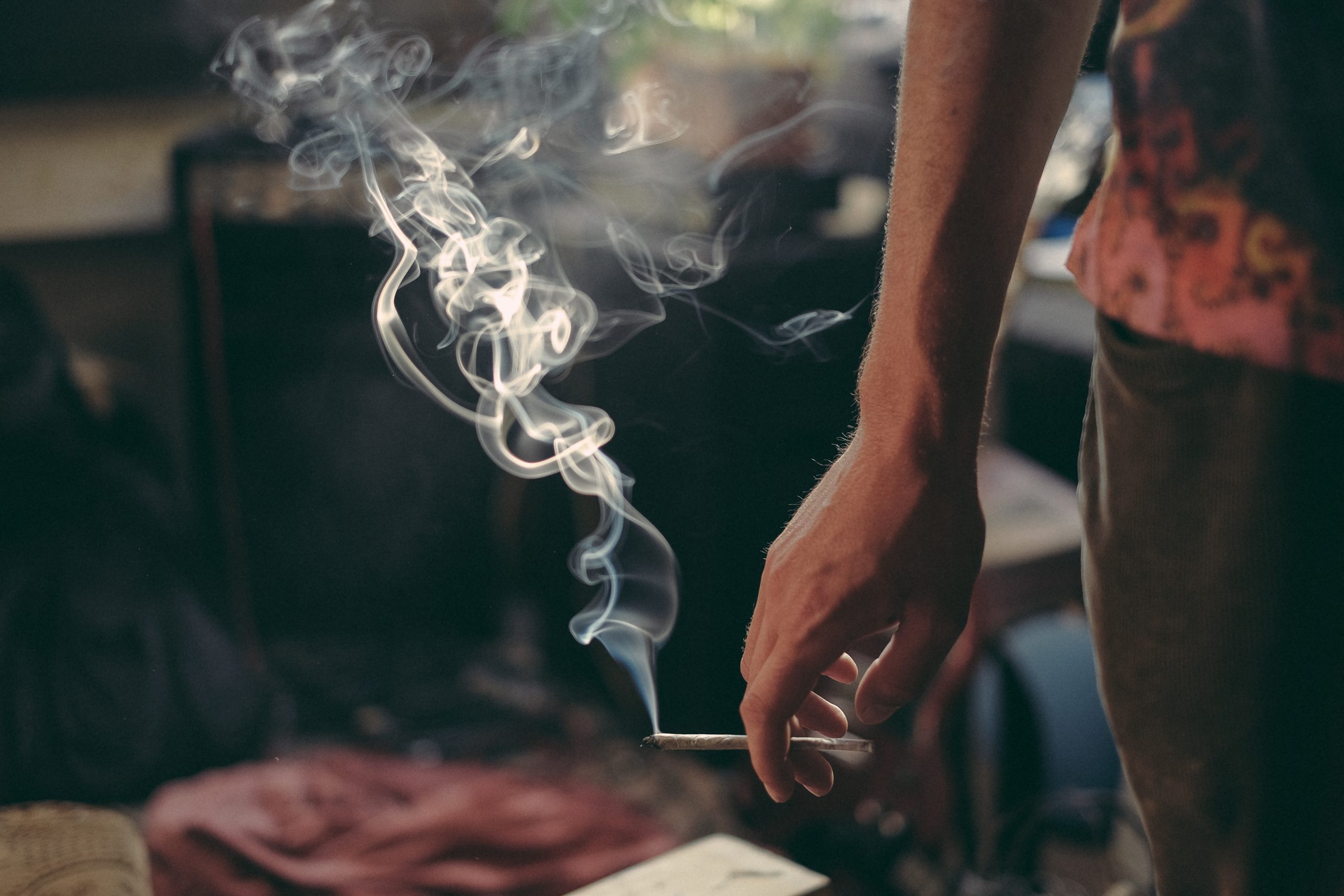
Ask a Cannabis Attorney: Can I be Charged with Child Neglect if I’m a Parent who Uses Cannabis?
By Kyle Sosebee
Many responsible adults and loving parents may wonder whether their cannabis use puts them at risk for a child neglect case. Like every question you ask a lawyer, the answer is, “Maybe, it depends.” But it’s a really important question, so here’s some ways to think about it in order to protect yourself and your family.
Is Cannabis Legal in Your State?
The answer is important in order to assess your legal risk. If you live in a prohibition state, you can be certain that your local Child Protective Services (CPS) will take a dim view of your cannabis consumption, regardless of the impact on your children. Be careful in those states. Fortunately, most states have either decriminalized, legalized medical cannabis, or have a full adult-use regulated market. Your risk depends, in part, on your state laws and your compliance with them.
If your state only allows medical cannabis, those laws may not give you much protection if you don’t have a medical card. Some legal states have explicit legal protections. For example, the law that legalized cannabis in Massachusetts says that legal use of the plant is not a sufficient reason to interfere in parental rights.
This does not mean that anything goes in Massachusetts. But, it suggests that officials ask if the child is safe, not whether the parent is smoking cannabis. Similarly, in New York City—although the state has yet to legalize adult-use—CPS recently declared that it’s current policy requires an assessment of whether a parent’s substance misuse is impacting a child, and that cannabis use in and of itself does not equate with risk of harm.
The big question is—assuming cannabis is legal where you are—do your actions place your child at risk? Think of it like alcohol; it’s fine to have a glass of wine with dinner, but if you are misusing alcohol such that you can’t care for your kid, then there’s a problem.
Do You Consume Responsibly?
When you’re responsible for a child, ask yourself whether your use affects your child. If smoking gets you too high to leave the couch when you’re supposed to make dinner, then consider waiting until after the kids go to sleep to smoke.
If you wouldn’t consume alcohol in the same situation, think twice about consuming cannabis. Driving a car with kids in it? It’s best to be sober. Have a meeting with your kid’s teacher? Wait until later to spark up.
Understand What a Mandated Reporter is
Certain professionals (doctors, police, teachers, nurses, etc.) are required by law to report any suspicion of child neglect. Act responsibly around mandated reporters: be sober, don’t tell stories about how you were too stoned to cook your child dinner… you get the idea. If a mandated reporter reports suspected child neglect, CPS will initiate an investigation that will disrupt your life and possibly lead to court action.
Hide Your Stash
If you have to take your child to the hospital because she ate 100mg worth of gummies, you should expect a knock on your door from CPS the next day.
You can avoid this scenario easily by hiding your stash. You’re not obligated to lock it in a safe. But just like the bottle of bleach under the sink, or the wine on the counter, give real thought to whether your child can access your cannabis, what might happen if she does, and what you need to do to make your home safe.
If you have a toddler, he might be after your edibles; if you have a teenager, she might be stealing your pre-rolls. Make your storage appropriate to your situation.
Consider Your Child’s age and Maturity Level
If you consume in front of your children, consider what they might say to other people (i.e., teachers, other parents, CPS) about what they observe. This goes back to “consume responsibly” around the kids. Have age appropriate discussions with your children to help ensure their safety so they understand that you’re making responsible choices with your own consumption.
Many parents offer their children a sip of beer or wine to satisfy their curiosity, and to (hopefully) temper unsupervised experimentation. This is not exactly legal. But, it’s not a common cause for CPS action, either. However, if your child is under 21, doing this with cannabis carries significant legal risks and is not advised. Despite changing attitudes among CPS, intentionally providing cannabis to a child will certainly result in legal action against the parent.
Don’t Ignore the Stigma
Legal cannabis is still a relatively new, uncertain world when it comes to CPS caseworkers, law enforcement, and family court judges. Do not underestimate the power of stigma to affect an investigation and impact your family.
To Wrap-Up: Know the laws of your own state; be responsible with your consumption and your stash; pay attention to whether your use is impacting your children; and be aware of how others might perceive you.
Do you have a question about cannabis and the law? Ask us!
Kyle Sosebee is an attorney in Western Massachusetts.
Disclaimer: The information in this column is not legal advice, is not a substitute for the advice of a licensed attorney in your jurisdiction, should not be relied upon as such, and does not create an attorney-client relationship with anybody.


Leave a Reply